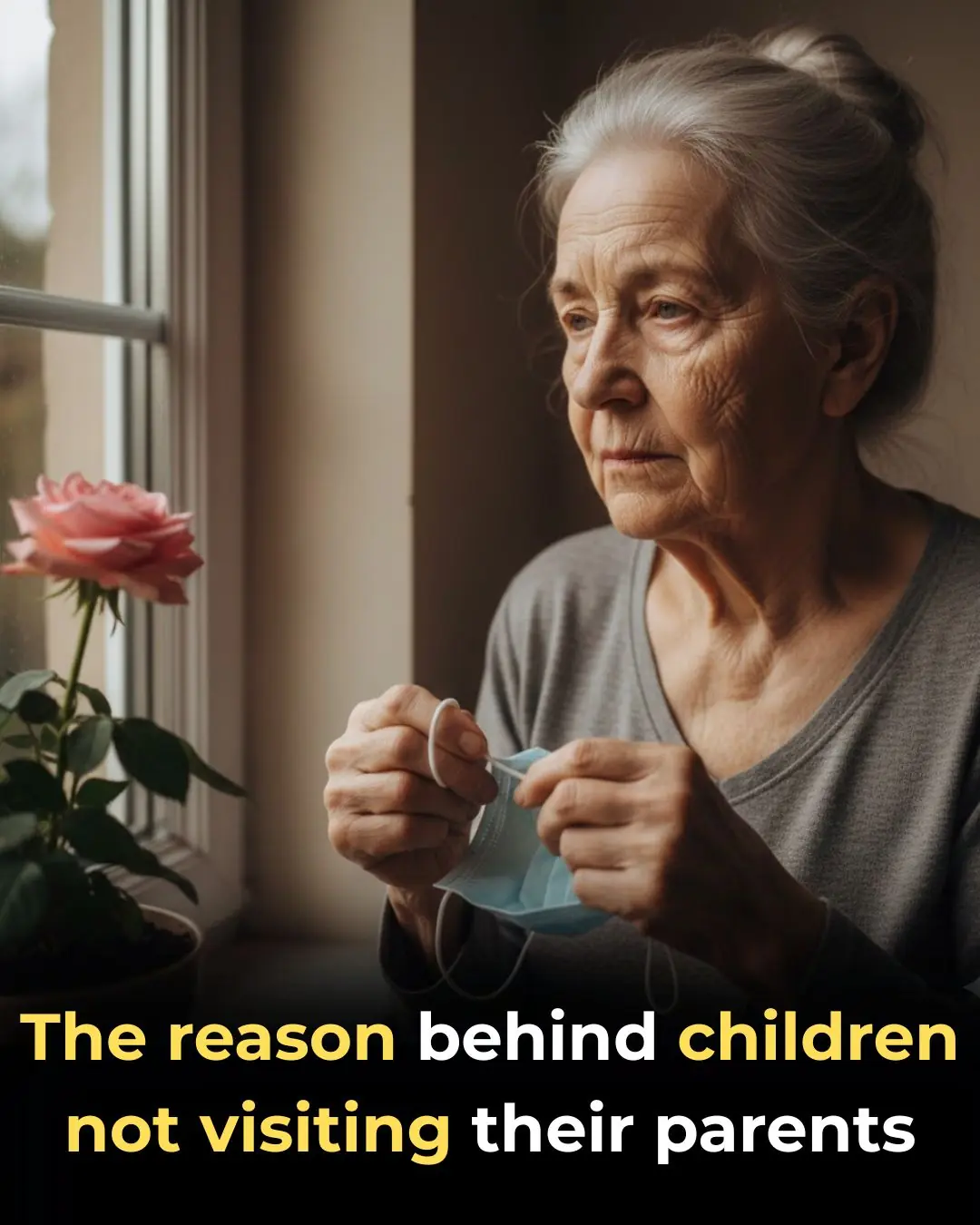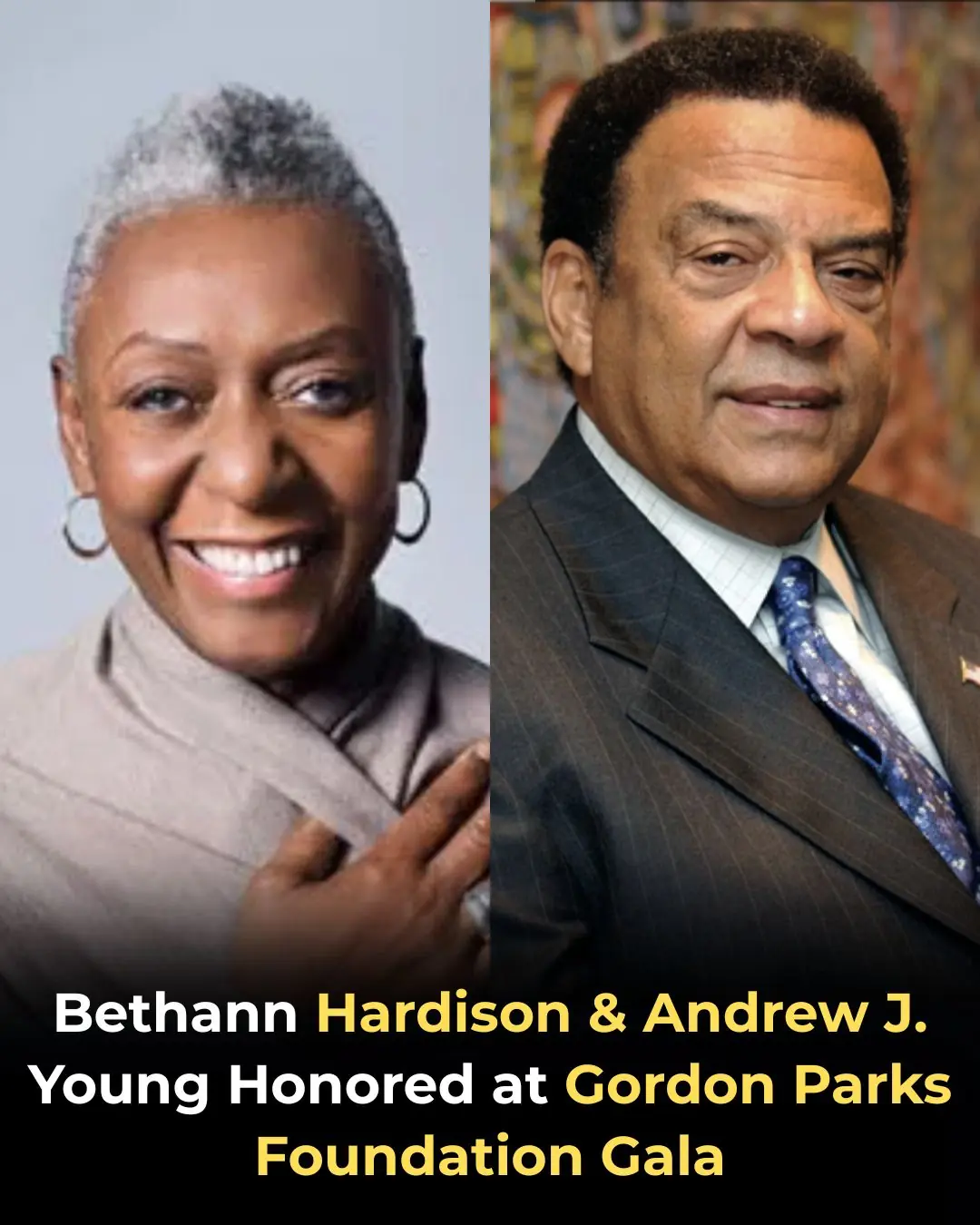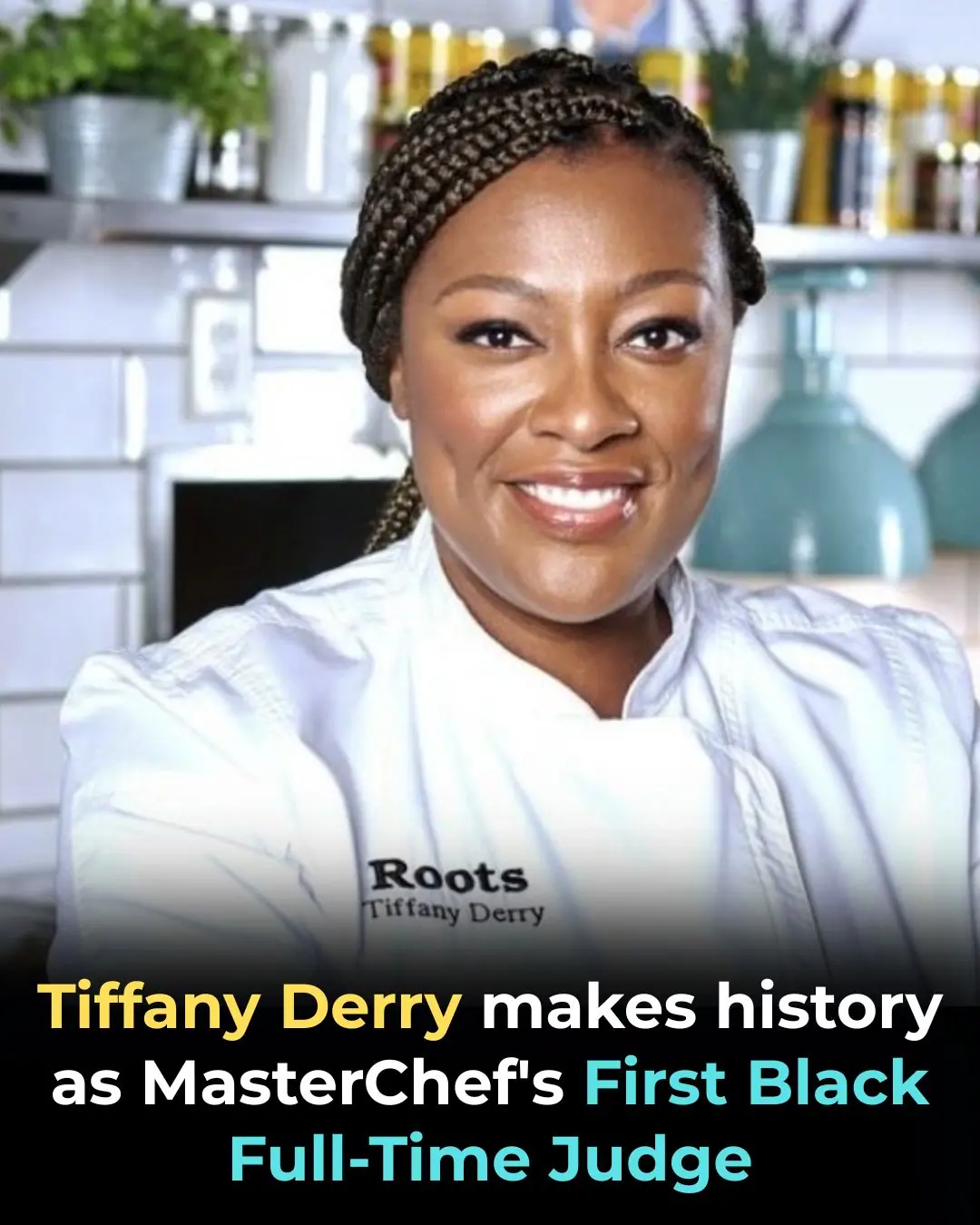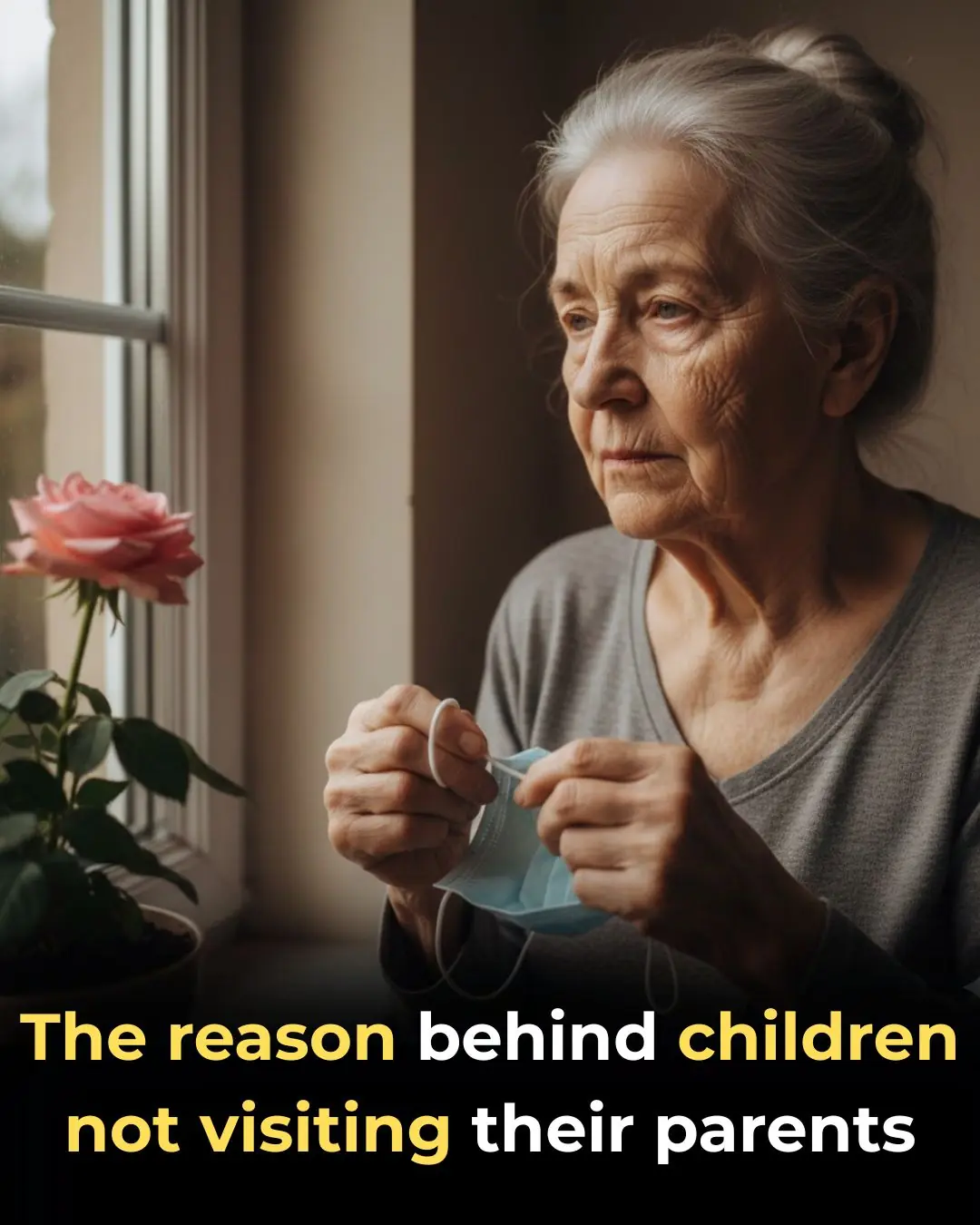
Sheryl Lee Ralph Gets Emotional After Learning Her Ancestors Were Free People on ‘Finding Your Roots’
Sheryl Lee Ralph’s legacy continues to shine—and now, thanks to a deeply emotional journey into her ancestry, it shines even brighter.
The Emmy-winning Abbott Elementary star, celebrated for amplifying meaningful stories throughout her career, found herself on the receiving end of a narrative that moved her to tears. During the April 1st episode of Finding Your Roots, hosted by acclaimed scholar Dr. Henry Louis Gates Jr., Ralph uncovered powerful truths about her paternal lineage that left her overwhelmed with pride and emotion (NBC News).

A Family Story Hidden in History
While tracing her father’s side of the family, Ralph learned that her ancestors originated from North Carolina, where many Black families had endured enslavement. But buried within that painful history was a revelation that reframed everything she thought she knew.
Her great-great-grandfather, George Thomas Ralph, appeared in a North Carolina census before the 1863 Emancipation Proclamation—proof that he and his mother had been free long before the abolition of slavery. Gates explained that George later became a farmer, raised a family, and, against all odds, found a way to pursue an education later in life even after being denied one as a child (PBS interview archives).
This revelation touched Ralph deeply. Holding back tears, she declared, “I come from good people, and I come from people who never gave up, and kept right on. They plant the seeds that are still growing now.”
A Document That Told a Bigger Story
One of the documents shown on the program detailed an apprenticeship agreement between George Thomas Ralph and a white farmer. In exchange for labor, he was to receive food and shelter. Initially, the contract also promised he would be taught to read, write, and cipher—but that clause was later crossed out.
Yet despite that barrier, George managed to seek education later in his life. His determination stands as a testament to the resilience of Black Americans who fought, quietly and courageously, against systems designed to deny them opportunity (Smithsonian commentary).
As the weight of this history settled in, Ralph’s tears shifted into joy. She lifted her head and proudly exclaimed:
“I’m a free man’s child. Yes. Yeah, that’s me. Sheryl Lee Ralph.”
Ancestry Illuminated—and Celebrated
The episode didn’t just highlight Ralph’s lineage; it also featured the expertise of historian and Smithsonian Secretary Lonnie Bunch, who added broader context about the experiences of free Black families in the South during the 19th century. These stories, often overshadowed by narratives of enslavement, reveal another facet of Black resilience—one that deserves more recognition (Washington Post analysis).
By sharing her journey so openly, Sheryl Lee Ralph reminds us that Black excellence is rooted not only in present achievements, but in generations of endurance, hope, and quiet triumphs. Her ancestors planted seeds through their strength, and today, she stands as one of the many blossoms of their legacy.
What an extraordinary lineage—and what a powerful reminder of the stories that shape us.
News in the same category


Why Some Children Don’t Visit Their Parents Often

Will Americans Receive $2,000 Stimulus Checks? What You Need to Know

14 Reasons to Drink Lemon Water First Thing in the Morning

Meet the Owners Behind Baltimore’s First Black & Woman-Owned Bodega

Quinta Brunson to Receive Keys to Hometown City of Philadelphia

Bethann Hardison & Andrew J. Young Honored at Gordon Parks Foundation Gala

Jay-Z & Luther Vandross’ First Albums Inducted Into GRAMMY Hall of Fame

Philadelphia Entrepreneur Becomes The First Queer Black Woman To Lead A Biopharmaceutical Manufacturing Company

‘Tia Don’t Piss Me Off’: Tia Mowry’s Selfie with Mystery Man Has Folks Noticing He Looks Nothing Like Ex Cory Hardrict Despite Reunion Chatter

Todd Tucker vs. Kandi Burruss: Prenup Could Make or Break a $30M Empire

HBCU Grad Rajah Caruth Secures Second Career NASCAR Truck Series Win

NPR’s Tiny Desk Celebrates Black Music Month With Performances by Amerie, Beenie Man, CeCe Winans & More

Tiffany Derry Makes History as MasterChef’s First Black Full-Time Judge

Kwame Onwuachi to Open New Restaurant ‘Maroon,’ the First Black Chef-Led Restaurant on the Las Vegas Strip

How Artists and Engineers Are Confusing Facial Recognition AI

Tesla Faces Slump: Over 10,000 Cybertrucks Remain Unsold Amid Weak Demand

Over a Million ‘Giant Eggs’ Discovered Near Deep-Sea Hydrothermal Vents

World’s First Full Human Eye Transplant Shows Promising Survival
News Post

Unlock Radiant Skin: The Ultimate Guide to Using Beetroot Gel for Glowing, Spotless Skin

Fenugreek Seeds for Hair Growth: The Power of Fenugreek Hair Rinse and Its Benefits for Hair

Japanese Milk Wax To Get Rid Of Unwanted Facial Hair

When Will I Outgrow My Acne? The Difference Between Adult and Teen Acne

5 Mascara Tips For Short Lashes

LEVEL UP YOUR LASH GAME: Top 5 Tips for Eyelash Extension Success!

Forehead Acne and What to Do About It

11 Common Eyebrow Mistakes Women Make in Their 60s (And How to Fix Them!)

How to Prevent and Treat Age Spots: Expert Tips for Radiant Skin

5 Ways Your Skin Changes as You Age and How to Keep It Vibrant

DIY Fenugreek Oil for Hair Growth – Get Thick Hair

Brow Boosting Serum: The Natural Way to Achieve Full, Thick Eyebrows

Why You Should Be Putting Salt in Your Toilet

Why Some Children Don’t Visit Their Parents Often

DIY Vaseline Cream: The 4-Ingredient Glow Hack That Makes Your Skin Baby-Soft Overnight

DIY Fenugreek Hair Masks for Hair Growth & Reducing Hair Fall

Will Americans Receive $2,000 Stimulus Checks? What You Need to Know

Revolutionary Miniature Implant Offers New Hope for Restoring Vision in Macular Degeneration Patients

A Simple Superfood That Enhances Your Baby's Brain Development During Pregnancy
